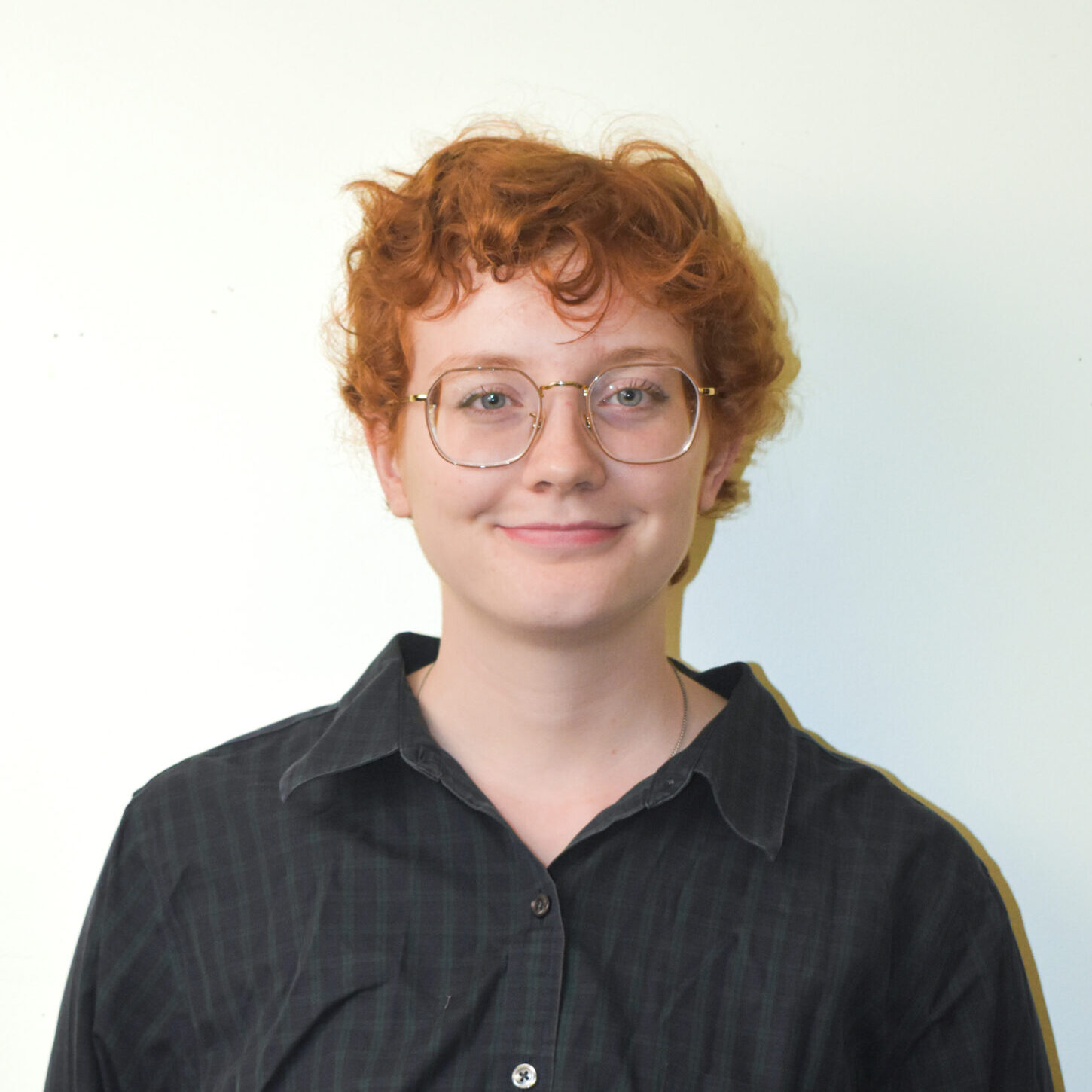The panel, “Wars of Resistance,” focused on democracy and human rights more broadly.
‘Wars of Resistance’ Panel Reckons with Fascism
As the sun set Nov. 6, a panel of professors gathered for a symposium titled “Wars of Resistance: Testimonies of Memories Then and Now” to discuss European, American and African resistance to fascism in the 1930s and ‘40s and reflect on the results of the previous day’s presidential election.
The seven Loyola professors, each with backgrounds in different languages, history and archaeology, hosted the symposium. Though not explicitly centered around the election, “Wars of Resistance” focused on democracy and human rights more broadly.
The event — sponsored by the Modern Languages and Literatures Department, History Department, the Institute for Racial Justice and the Center for Research on International Affairs — consisted of oral presentations, a Q&A session and a reception.
David Posner, chair of the Modern Languages and Literatures Department, said the symposium was “resoundingly relevant” the day after the election.
Traces of President-elect Donald Trump — whose far-right, anti-immigrant and racist rhetoric has drawn comparisons to Adolf Hitler, Benito Mussolini and Francisco Franco, the very fascists discussed in the presentation — hung heavy in the room. Posner said a close family friend, who fought for the Republic in the Spanish Civil War, taught him how to continue struggling against fascism after war.
“He knew, and taught me through example, that the fight never really ends and that it requires constant, active engagement,” Posner said.
Spanish Professor Susana Cavallo began with a presentation on three members of the resistance during the Spanish Civil War. Each of the three men had personal importance to Cavallo.
Francisco Ayala was her dissertation director at the University of Chicago, José Hierro was a focus of her book “La Poetica de José Hierro” and José Luis Cano was one of her professors at Middlebury College in Madrid.
History Professor Cranston Ramirez-Knight focused on two Black American women. The first was Salaria Kea, a wartime nurse who organized strikes and taught other Black Americans about the connection between segregation and Jim Crow in the U.S., colonization in Ethiopia and fascism in Spain, where she volunteered and founded a surgical center.
The second was Thyra J. Edwards, a social worker and journalist who reported on the Spanish Civil War for The Associated Press.
Ramirez-Knight also had a personal connection to his presentation. He said his mother-in-law, Doretha Wadley Anderson, was one of under 500 Black nurses in the U.S. military who served in World War II.
Italian Professor Cristina Lombardi-Diop highlighted Jewish and Black antifascists in Italy during World War II. Revisionist history in Italy today perpetuates the myth of the brava gente — meaning “good people” — which allows Italians to ignore the role they played as bystanders and facilitators of fascism, according to Lombardi-Diop.
“This is how Mussolini took power,” Lombardi-Diop said. “We should be worried and we should express our concerns constantly. We should not be silent about it.”
Later in the evening, lecturers Gorgui Tall, Hille Haker and Marek Suszko focused on the intersection of culture and language under colonial and fascist regimes.
Tall cited Martinican writer Aimé Césaire to draw comparisons between colonialism and fascism in the context of Africa and the Caribbean. Tall, a lecturer on Francophone African literature, said decolonial and antifascist movements must center pluralism as well as a celebration of different cultures and languages in politics.
Haker began with a poem by the German writer Bertolt Brecht, “To Those Born Later.” Haker, the Richard McCormick Endowed Chair of Catholic Moral Theology, drew parallels between Trump’s MAGA movement and Germany’s Alternative for Deutschland party.
“We may go back, but we will fight,” Haker said. “We will fight for every inch, or — in the European style — for every centimeter that they take away from us.”
Again connecting the presentation to language, Haker discussed how the AfD has relabeled deportation as “remigration” to make it seem more palatable to the public.
Suszko, a senior lecturer for the interdisciplinary Polish studies program, pointed out the similarities between the far-right Polish party Confederation Liberty and Independence and the college students and professors who made up the audience.
The party, Suszko said, consists of well-educated, pop-culture-oriented scholars and lawyers who know how to hide their fascist ideals under the guise of what they call “ultranationalism.”
“They’re you,” Suszko said, staring at the audience.
Concluding the presentation, Posner noted the “perversion of language” by the Third Reich.
“I think that’s exactly what’s happened in this country for the past — I think it started with Newt Gingrich, a good 20 or 30 years,” Posner said. “It’s been perfected by the person who was elected yesterday.”
This story was updated Nov. 20 to modify quotes from David Posner.
-

Mao Reynolds is a fourth-year majoring in Multimedia Journalism and Italian Studies. He is Deputy Arts Editor and Crossword Editor for The Phoenix. When he’s not writing about the diversity of Loyola student life or reviewing neighborhood spots, he likes bragging about being from the Northeast and making collages from thrifted magazines.
View all posts
Topics
Get the Loyola Phoenix newsletter straight to your inbox!


